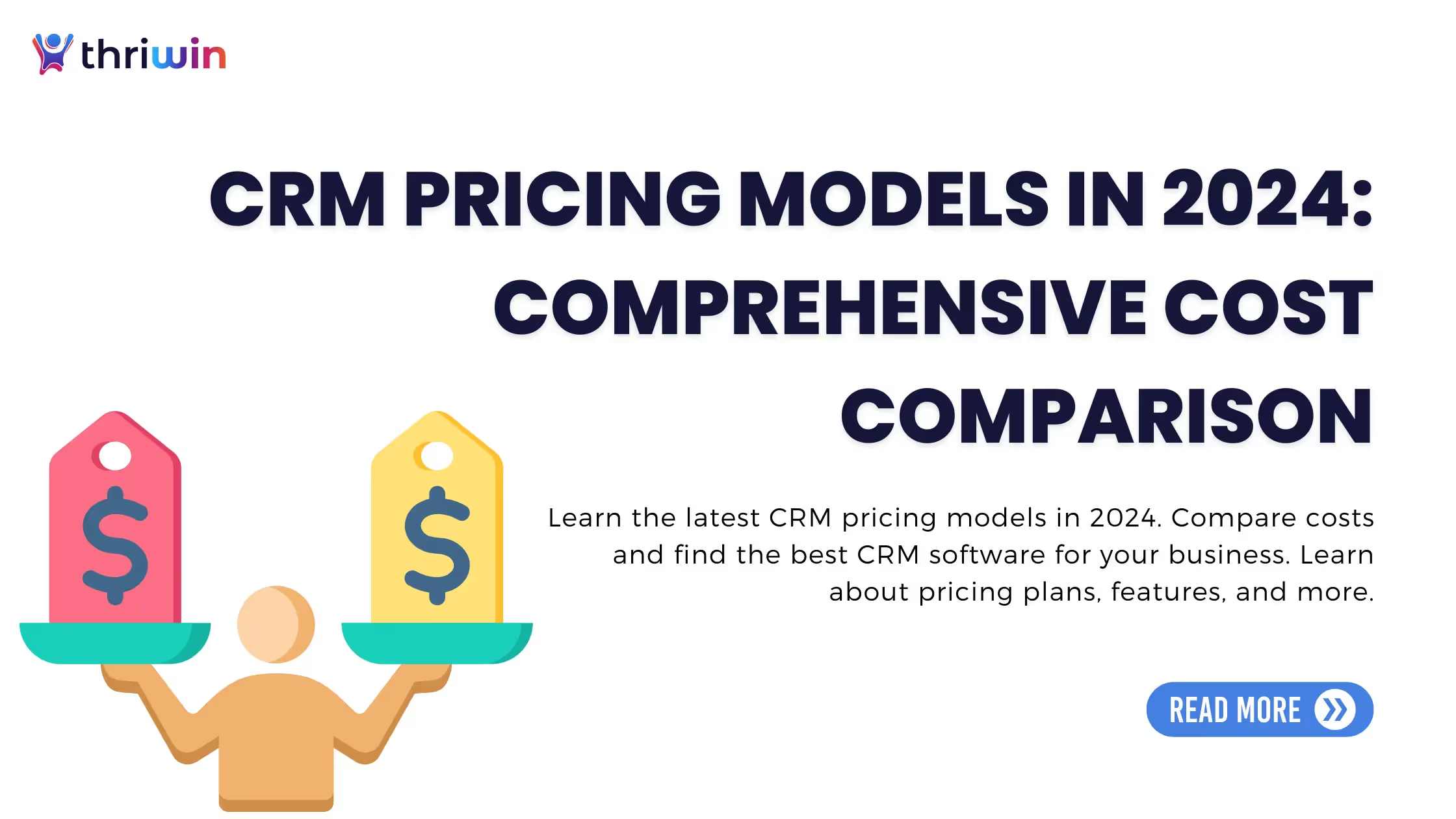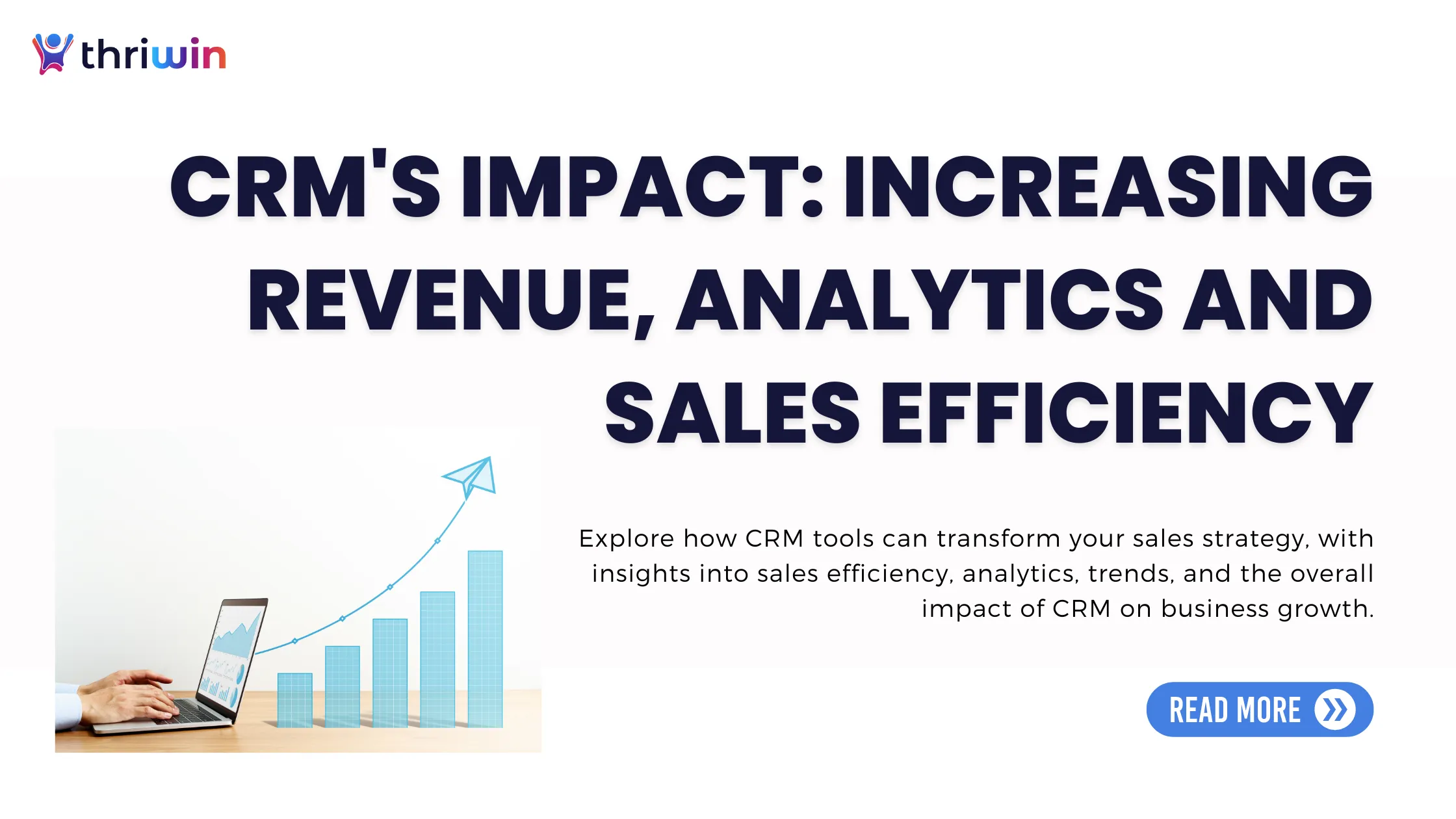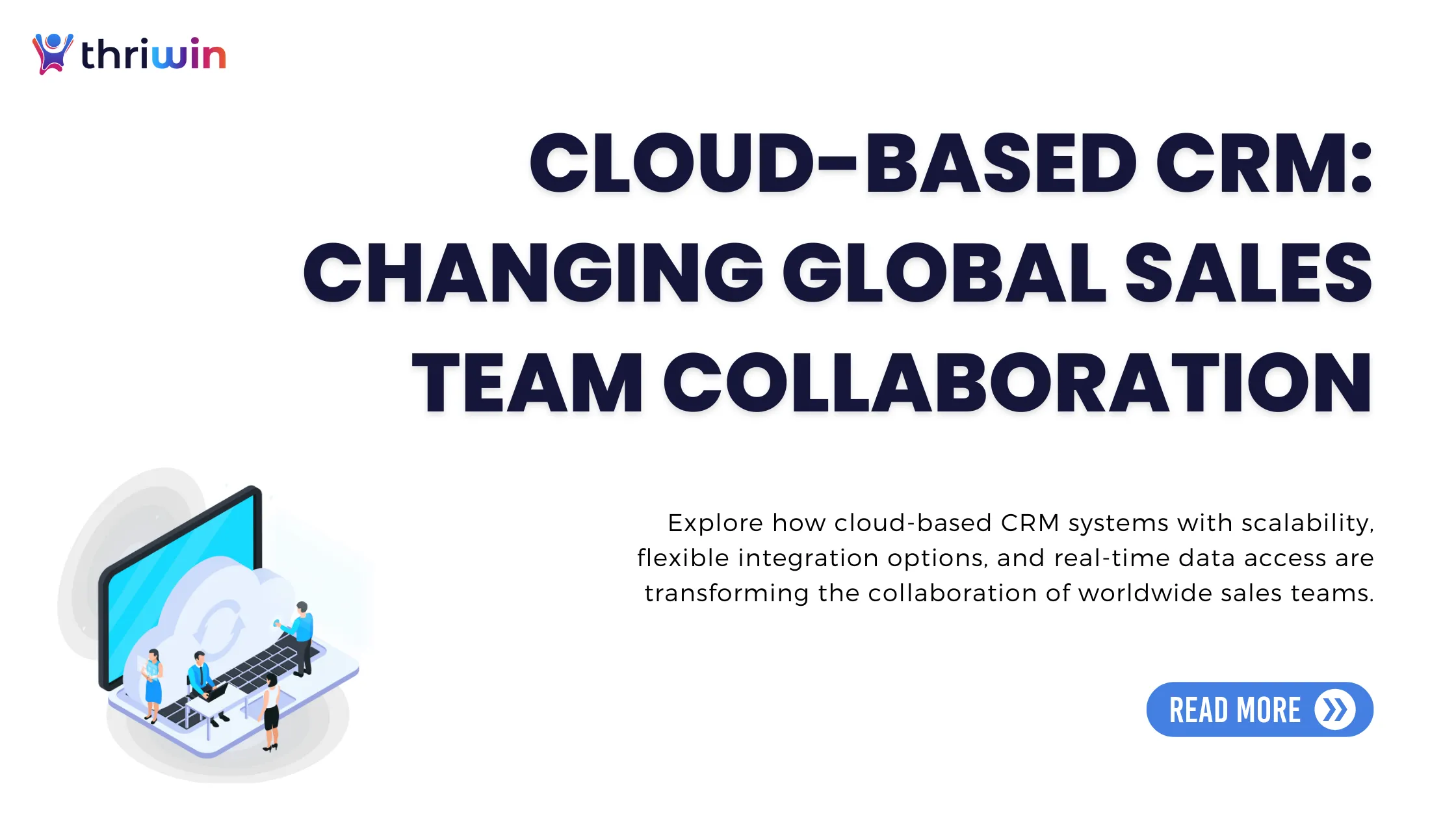Finding the appropriate Customer Relationship Management (CRM) software can be challenging, given the many choices available. Understanding the CRM pricing models for 2025 is essential for businesses of all sizes. This guide will break down the different pricing structures, highlight what influences CRM software costs, and compare top providers to help you make the best decision for your business.
Understanding CRM Pricing Models
Selecting the right CRM software for your business in 20254 can be complex, but grasping the various pricing models is essential. Pricing models often vary significantly depending on the provider and the features offered. Subscription-based pricing is common, where businesses pay a recurring fee, typically monthly or annually. Per-user pricing is another prevalent model, ideal for smaller teams but potentially costly for larger groups. Tiered pricing offers multiple pricing levels with different features at each tier, catering to various business needs. Freemium models provide a basic version for free, with advanced features available in paid plans. Custom pricing may be offered based on required features and user numbers for larger enterprises with specific needs.
Types of CRM Pricing Models
Understanding the different CRM pricing models can help you choose the best option for your business. Each model has benefits and potential downsides, depending on your unique requirements and situation.
Below are the main types of CRM pricing models:
Subscription-Based Pricing
Subscription-based pricing charges a recurring fee, often monthly or annually. This model typically offers different tiers based on the features and services provided. It’s a flexible option that allows businesses to scale their CRM usage as needed.
Per-User Pricing
Per-user pricing involves charging a fee for each individual who needs access to the CRM system. This straightforward model scales directly with the number of users, making it easy to predict costs. It’s ideal for smaller teams but can become costly for larger organizations.
Tiered Pricing
In tiered pricing, providers offer multiple pricing levels, each with a specific set of features. Lower tiers include basic functionalities, while higher tiers provide advanced features and capabilities. This model caters to various business needs and allows companies in choosing a plan that best fits their requirements.
Freemium Models
Freemium models offer a basic CRM version for free, with an option to upgrade to premium paid plans for more advanced features. This model is great for small businesses or startups looking to try out CRM software without a financial commitment, though it may have limitations in features and scalability.
Custom Pricing
Custom pricing is designed to meet the specific needs of large enterprises. Providers may offer a bespoke plan based on the required features, number of users, and particular business needs. This model ensures businesses get what they need but often involves higher costs and detailed negotiations.
What Factors Influence the Cost of CRM Software?
When evaluating CRM software, it's essential to consider the various key factors that can influence the overall cost. These factors not only determine the initial expenditure but also affect long-term costs. By understanding these elements, businesses can make more informed decisions and select a CRM solution that offers the best value for their investment.
Number of Users
The number of users who need access to the CRM system is a primary cost driver. In per-user pricing models, the more users you have, the higher the overall cost. This is a straightforward way for CRM providers to scale their pricing with the size of the business. Companies with larger teams must be particularly mindful of this factor, as costs can escalate quickly.
Feature Sets
The range of features included in the CRM package significantly affects the cost. Basic plans may offer essential features like contact management and task tracking, while more advanced plans include automation, detailed analytics, and extensive integrations. Businesses must assess their needs to determine the necessary features, avoiding unnecessary expenses on features that will not be used. Advanced features like AI-driven insights, workflow automation, and multi-channel support can add significant value and increase the price.
Customization and Integration
Customizing the CRM to fit specific business processes or integrating it with other existing tools and systems can add to the cost. Custom solutions ensure the CRM works seamlessly with a company’s workflow but may require significant development and implementation, leading to higher costs. Integrating a CRM with other business tools, like such as ERP systems, Marketing Automation Platforms, and Customer Support Ssoftware, can enhance functionality but often comes with additional fees.
Support and Training
The level of support and training the CRM provider offers can also impact the overall cost. While basic support might be included in standard packages, premium support services and extensive training programs typically come at an additional fee. These services are crucial for businesses that must onboard users and quickly resolve issues. Investing in thorough training can lead to better utilization of the CRM and a faster return on investment.
Deployment Method (Cloud vs. On-Premises)
The method of deployment plays a crucial role in determining CRM costs. Cloud-based CRMs generally have lower upfront costs and include ongoing fees for maintenance and updates. They provide scalability and easy access from anywhere, making them perfect for businesses with remote teams. In contrast, on-premises solutions require a substantial initial investment for hardware and setup but might offer lower long-term costs due to the lack of recurring subscription fees. However, they come with higher maintenance responsibilities and potential upgrade costs.
Data Storage and Security
The amount of data storage required and the level of security provided can also affect CRM costs. Businesses that handle large volumes of data or need advanced security features to protect sensitive information may incur higher expenses.Making sure compliance with industry regulations and safeguarding customer data are critical considerations that can drive up costs. Features like data encryption, secure backups, and compliance certifications (e.g., GDPR, HIPAA) are essential for certain industries and add to the overall expense.
Additional Functionalities and Add-Ons
Many CRM providers offer additional functionalities and add-ons that can enhance the software's core capabilities. These include advanced marketing tools, social media integration, custom reporting, and enhanced customer service features. While these add-ons can significantly boost productivity and customer engagement, they often cost extra. Businesses should evaluate which additional functionalities are necessary and budget accordingly.
CRM Pricing Comparison of Top Providers
The right CRM is crucial for optimizing business processes and enhancing customer relationships. Here’s a detailed look at the pricing and features of some of the top CRM providers in 2025
Thriwin is our top CRM choice for 2025, offering a blend of powerful features and competitive pricing. Thriwin's flexible pricing caters to businesses of all sizes with a pay-per-use model starting at just $1 per user, per channel, per day, with a monthly cap of $60 per user. Key features include advanced sales forecasting, customizable workflows, multi-channel communication through email, calls, and landing pages, AI-driven insights, and detailed analytics. Thriwin also provides complimentary onboarding, training resources, and responsive customer support, making it an excellent choice for businesses seeking a cost-effective and scalable CRM solution.
Salesforce offers various pricing plans, starting at $25 per user per month for the Essentials plan which goes up to $300 per user per month for the Unlimited plan. Salesforce is known for its comprehensive feature set, which includes sales forecasting, workflow automation, advanced analytics, and integration with numerous third-party applications. It's a highly scalable solution suitable for businesses of all sizes.
HubSpot CRM provides a free plan with essential features, making it appealing for small businesses and startups. Paid plans begin at $45 per month and reach up to $1,200 for the Enterprise plan. Key features include email tracking, lead management, advanced reporting, and marketing automation. HubSpot is well-known for its easy-to-use interface and robust integration features.
- Zoho CRM
Zoho CRM offers a free plan up to three users, and the paid plans range from $14 to $52 per user per month. Its features include workflow automation, AI predictions, multi-channel communication, and extensive customization options. Zoho CRM is ideal for small—to medium-sized businesses looking for a versatile, cost-effective solution.
Microsoft Dynamics 365 starts at $95 per user per month. It is designed for large enterprises and offers robust features like integration with other Microsoft tools, AI capabilities, advanced analytics, and extensive customization options. Dynamics 365 is suitable for organizations with complex business processes and a need for deep integration across different departments.
Pipedrive plans start at $12.50 per user per month and go up to $99 per user. Pipedrive focuses on sales pipeline management and offers features such as email integration, goal tracking, customizable pipelines, and sales forecasting. It’s an excellent choice for sales teams looking for an easy-to-use and efficient CRM tool.7. EngageBayEngageBay offers a free plan with basic CRM features, with paid plans starting at $12.99 per user per month and going up to $99.99 per user per month. EngageBay provides features such as email marketing, landing pages, CRM, and helpdesk, making it a comprehensive solution for small to midsized businesses looking for an affordable, all-in-one CRM platform.8. SalesLoftSalesLoft offers tailored pricing based on the specific needs of your business, typically starting around $75 per user per month. SalesLoft is focused on sales engagement, providing tools for email tracking, call logging, and sales analytics. It’s particularly well-suited for sales teams aiming to enhance their outreach and engagement strategies.9. OutreachOutreach provides a customized pricing model based on the number of users involved, and necessary features, generally starting at approximately $100 per user per month. Outreach offers advanced sales engagement features, which includes multi-channel communication, automated workflows, and detailed precise analytics, making it a powerful tool for sales teams.10. VtigerVtiger offers a range of pricing plans, starting at $10 per user per month for the Starter plan and going up to $30 per user per month for the One Professional plan. Vtiger includes features such as sales automation, customer support, marketing automation, and project management. It’s a versatile CRM suitable for businesses seeking a cost-effective and integrated solution.How to Choose the Right CRM for Your BusinessSelecting the right CRM for your business is vital, as it can significantly impact your operational efficiency and customer relationships. Here are some key factors to consider when making your choice:Assessing Your Business NeedsThe first step in choosing a CRM is to identify your business's specific requirements. Consider the primary functions you need, such as lead management, customer support, sales automation, marketing automation, or analytics. Determine which features are essential for your operations. For instance, a sales-focused business might prioritize pipeline management and forecasting tools, while a customer service-oriented company might need robust ticketing and communication tracking.Budget ConsiderationsBudget is a significant consideration in the decision-making process of any company. Determine your budget for CRM software and compare the pricing plans of various providers to find the best match. While some CRMs offer lower upfront costs, they may require additional spending on essential features or integrations. Look for transparent pricing plans and consider any probable hidden costs.Scalability and Future GrowthYour chosen CRM should scale with your business as it grows. Assess whether the CRM can support more users, larger datasets, and complex processes as your business grows. Scalability ensures you won’t outgrow your CRM too quickly and avoids needing a costly switch. Consider how the CRM tool integrates with other systems and whether it can adapt to the ever evolving businessrequirements.Comparing Features and PricingEvaluate the features available at various price points to ensure you get the best value for your money. Create a list of essential and desirable features and compare how each CRM meets these requirements. Go beyond the marketing materials by requesting detailed feature comparisons or demonstrations. When evaluating a CRM system, consider the user interface, ease of use, customization options, and quality of customer support.Free Trials and DemosMany CRM providers offer free trials and demos, which can be invaluable in decision-making. Take advantage of these opportunities to test the CRM’s functionality, interface, and performance in a real-world setting. Use the trial period to engage your team, gather feedback, and determine how well the CRM meets your needs. Pay attention to the onboarding process and available training resources, as these can significantly impact your team’s adoption and overall satisfaction.Onboarding and Support TeamThe quality of the onboarding process and support team is important for a successful CRM implementation. Assess the CRM provider's support level, considering availability, response times, and support channels (e.g., phone, email, live chat). Comprehensive onboarding and continuous support can significantly enhance your team's adoption of the CRM, leading to better utilization and a quicker return on investment.Thriwin offers a tailored CRM solution that meets all your business requirements, including excellent onboarding and support.Streamline Your Sales with ThriwinWhy does building a high-performing sales process feel like an uphill battle? As a founder, you’ve seen the endless struggle to generate quality leads, execute timely follow-ups, and create campaigns that convert—all while managing tight budgets and limited resources.Thriwin addresses this head-on. From AI-led calls and email outreach to landing page creation, our platform takes charge of lead generation with precision. Our AI agents don’t stop there—they manage follow-ups, track context across touchpoints, and provide insights that make every interaction meaningful. Your team can finally focus on closing deals, not chasing them.Say goodbye to wasting time on manual tasks and overspending on talent that doesn’t scale. Thriwin offers a streamlined, cost-efficient sales process designed to match the pace of your ambitions. Why settle for chaos when efficiency is just one step away?FAQs
- How much does a CRM typically cost?
CRM costs can vary significantly depending on the provider, features, and pricing model, ranging from free to several hundred dollars per user per month.
- What is the most affordable CRM?
Zoho CRM and HubSpot CRM offer competitive pricing with robust features, often considered affordable options.
- Is a free CRM worth it?
Free CRMs can be valuable for small businesses or startups but may have limitations in features and scalability.
What factors should I consider when comparing CRM costs?
Consider the number of users, required features, customization options, support, and deployment method.
%201.svg)





.webp)
